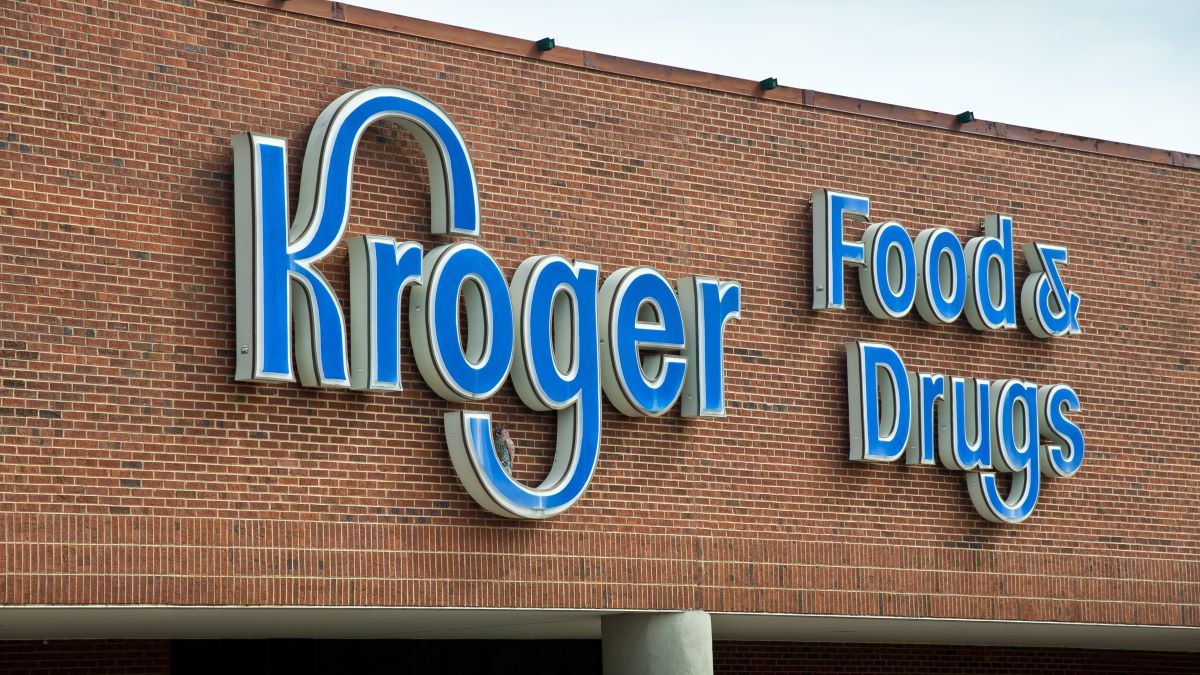Ever feel like the future isn’t all it’s cracked up to be? I want giant glistening neon signs, hover taxis, and a noodle bar on every corner. What have we ended up with? Smart TVs crammed with advertising, inane crypto bros, surreal A.I. search results, and endless bot replies making social media unreadable (thanks, Elon…).
But wait! Things can always get worse. Are you ready for surge pricing for groceries? Popularized by Uber, in theory the concept of surge pricing is sound: in moments of high demand taxi rides cost more, when demand is low they cost less. In practice ever-shifting prices allow tech companies to squeeze every last dime out of the customers with zero transparency.
Now get prepared to apply that ruthless penny-pinching strategy to groceries, as Kroger is reportedly bringing in facial recognition, electronic shelf tags, and appears to be inching towards surge pricing. The only reason they’d invest in this tech is if it would increase their profits, so expect higher prices.
Congresswoman Rashida Tlaib has tried to call this out before its implemented. In a sternly written letter to Kroger Chairman and CEO Rodney McMullen she says:
“[Electronic Shelving Tags] will allow Kroger to use customer data to build personalized profiles of each customer to determine the maximum price of goods customers are willing to pay. Kroger’s use of facial recognition technology and surge pricing is concerning when we are hearing growing complaints about the rising cost of groceries at big retailers.”
Fox Detroit has interviewed customers understandably nervous about the plan, with one summing it up nicely:
“Groceries is not a stock market, even though prices do go up and down. it’s not a stock market. it should just be a set price and that’s it.”
Kroger is now in damage control mode. They claim their “business model is built on a foundation of lowering prices to attract customers. Everything we do is designed to support this strategy, and customers are shopping more with Kroger now than ever because we are fighting inflation and providing great value.” They go on to say “to be clear, Kroger does not, and has never, engaged in ‘surge pricing.’”
But, if you read that statement closely, it’s clear that while they deny doing it in the past and present, they’re not denying bringing it in in future. All of which means that very soon you might go to the store, a facial recognition camera recognizes your customer profile, and the electronic price tag quietly ticks up so you’re paying the maximum you’ll tolerate for your goods. Or, as Leon puts it:
We are already living in a tech dystopia and it will get worse. But maybe we can at least hope that it won’t get worse in this specific and penny-pinching way. If they do bring this tech in, maybe consider shopping somewhere else.
